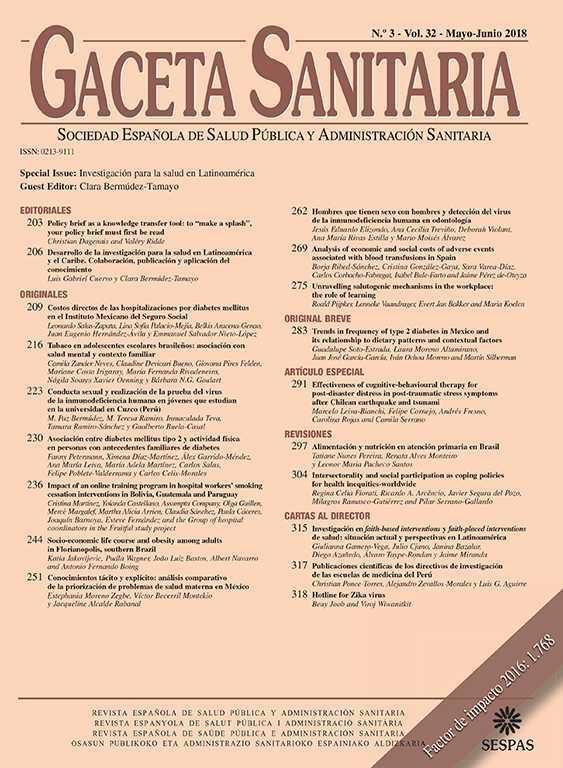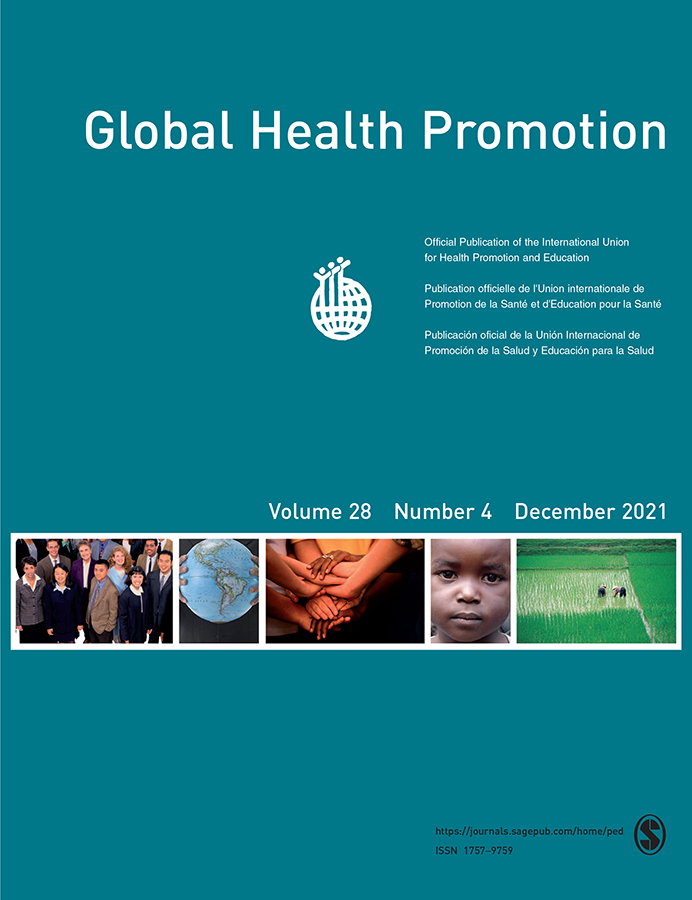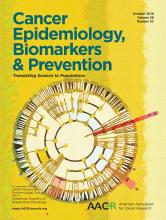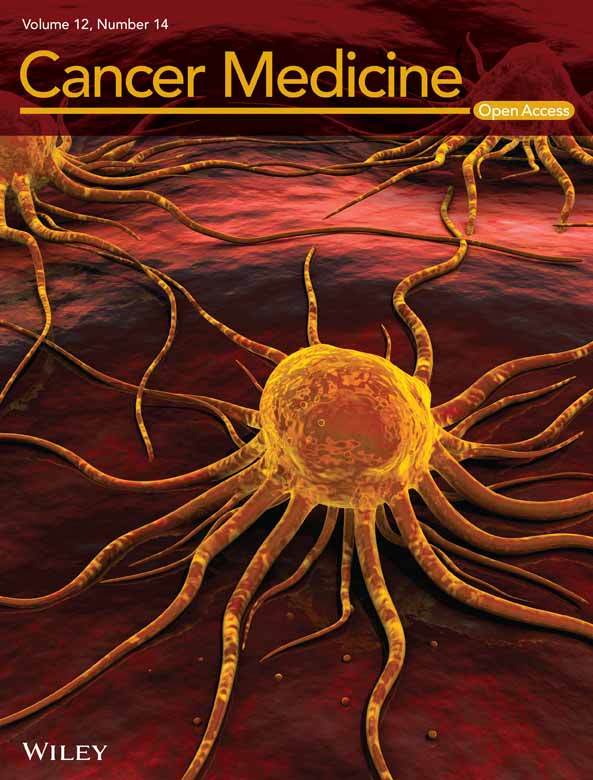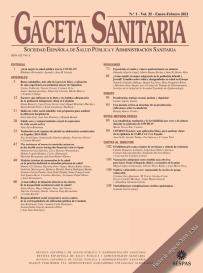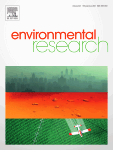Respuesta a la crisis sanitaria de la COVID-19 desde la perspectiva de género: lecciones aprendidas
Objetivo Profundizar desde la perspectiva de género en las lecciones aprendidas durante la pandemia de COVID-19 para hacer frente a futuras crisis de salud. Método Estudio con informantes clave con experiencia en salud pública y género del Ministerio de Sanidad, Consejerías de las comunidades autónomas, Institut Català de la Salut, Hospital de La Princesa, Escuela Andaluza…



